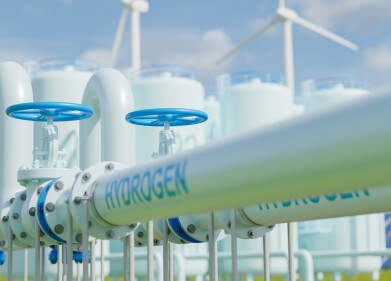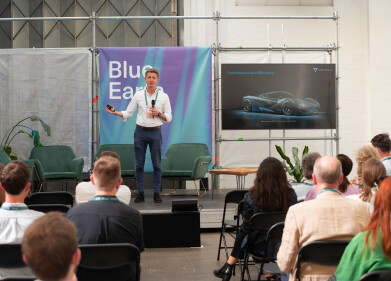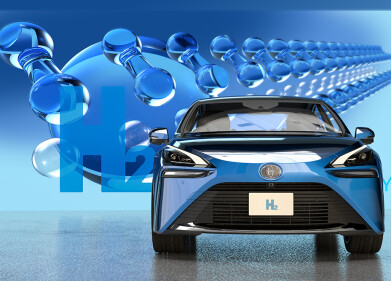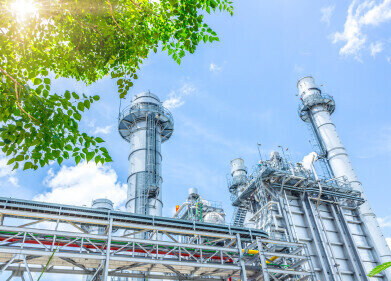Hydrogen Fuel
Are Hydrogen Cars Safe?
Nov 07 2018
The EU is set to veto sales of all new diesel and petrol vehicles by 2030, a move that's fast-tracked the switch to sustainable transport. While electric cars have dominated the headlines, hydrogen-powered vehicles are also earning their stripes as an eco-friendly alternative to fossil fuel. While hydrogen has a reputation for being unstable, highly flammable and potentially dangerous on the roads, Hyundai has reimagined the gas as an eco-friendly, energy efficient alternative to fossil fuels.
Spotlight on driver and passenger safety
The new Hyundai Nexo hydrogen fuel cell vehicle (FCEV) will be one of the first models to hit British roads, earning five stars in the Euro NCAP safety test. The model won praise from both crash testers and environmental advocates, with specialists at Thatcham Research, a British safety organisation that carries out Euro NCAP tests, praising the design for its impressive occupant protection score of 94 percent. It's the highest rating awarded to any zero-emission vehicle on the market, not to mention the only hydrogen fuel-cell electric vehicle accredited by Euro NCAP. The Hyundai Nexo also boasts autonomous emergency braking systems (AEB) that further enhance the safety credentials.
“Its five-star safety rating should dispel concerns around how hydrogen fuel cell powered cars perform in a crash," says Matthew Avery, director of research at Thatcham Research. "With the NEXO, Hyundai have successfully demonstrated that alternative fuelled vehicles need not pose a risk to car safety.”
Zero-emissions transport and ultra-fast charging
Unlike electric cars, FCEVs use an inbuilt fuel cell stack to convert hydrogen into electricity and power the wheels. Tailpipe emissions come in the form of pure, drinkable H2O which wins it classification as a zero-emission vehicle. Furthermore, the hydrogen needed to power the fuel cell stack can be generated from renewable energy like solar, wind or hydro power.
When it comes to performance, models like the Hyundai Nexo offer a host of advantages compared to conventional battery-electric vehicles, including a greater driving range which sees a single charge power the car for over 400 miles. The fuel cell stack can be recharged in a matter of minutes, as opposed to the multi-hour plugins required by EVs.
The cost barriers of FCEVs
Of course, FCEVs aren't without shortcomings. The costs associated with manufacturing hydrogen fuel cell vehicles is high, and for British drivers refuelling infrastructure is scarce. This hasn't stopped secretary general of Euro NCAP Michiel van Ratingen from predicting that FCEVs are the future of green transport.
“The fuel cell NEXO and hybrid [Lexus] ES point the way for future powertrains and Euro NCAP will work to ensure that safety performance as well as energy efficiency remains at the top of the manufacturers’ agenda.”
While EVs and FCEVs are gaining traction, demand for gasoline and diesel is still high. For a closer look at the fuel analysis process don't miss 'Optimising of the Column, Temperature, and Pressure for Increased Resolution and Performance for the Separation of Alkanes and Aromatics for ASTM D5186 and D6550 Using SFC.'
Digital Edition
PIN 25.5 Oct/Nov 2024
November 2024
Analytical Instrumentation - Picturing Viscosity – How Can a Viscometer or a Rheometer Benefit You? - Sustainable Grease Formulations: Evaluating Key Performance Parameters and Testing Method...
View all digital editions
Events
Nov 18 2024 Rome, Italy
Nov 19 2024 Singapore
Nov 19 2024 Shanghai, China
Nov 20 2024 Karachi, Pakistan
Nov 20 2024 Maputo, Mozambique



















